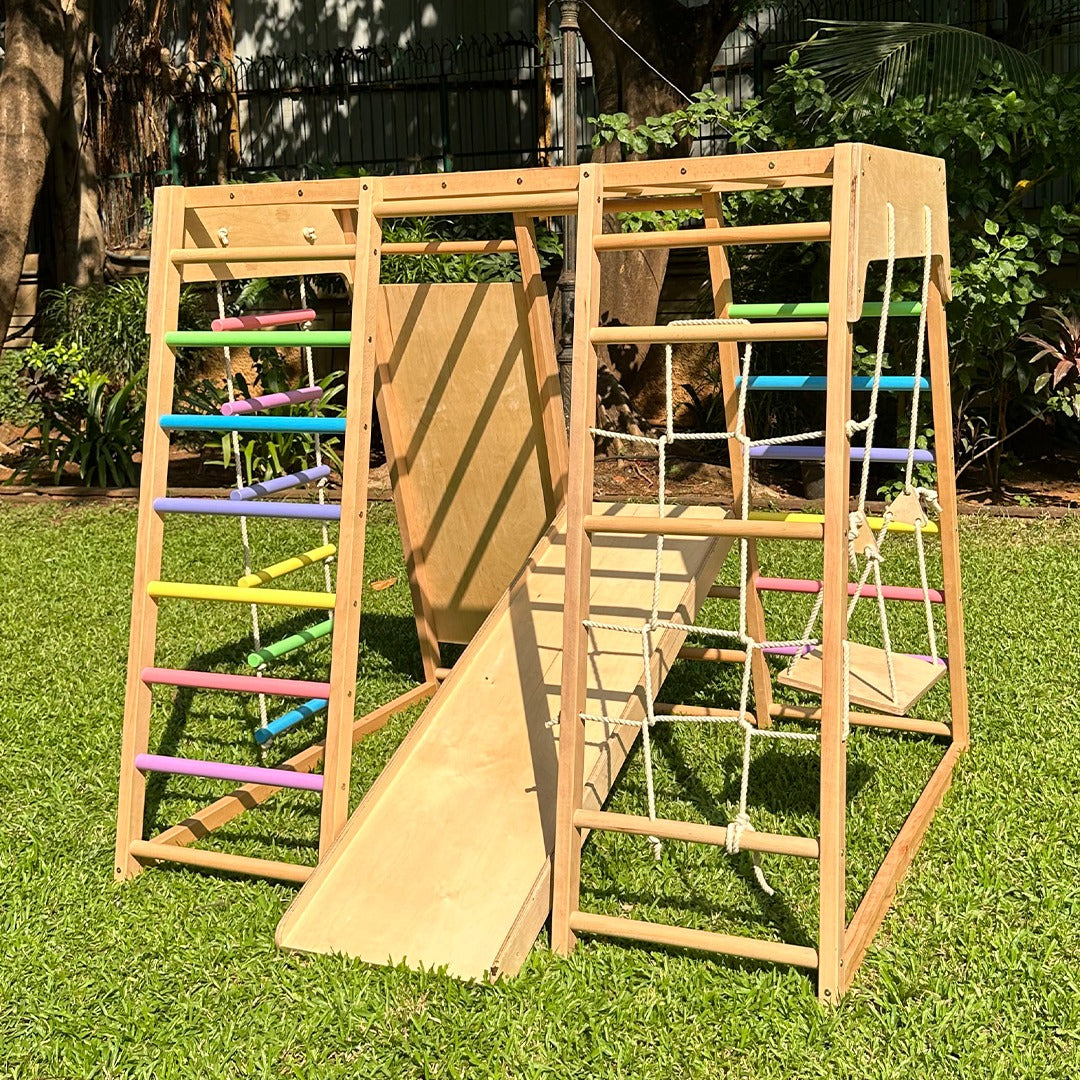In the vibrant rhythm of an Indian household, where family ties run deep and community spirit thrives, there's a unique opportunity to instill valuable life lessons in our children from their earliest years. Beyond academics and playtime, nurturing a sense of contribution and responsibility is a gift that keeps on giving, shaping confident and empathetic individuals ready to embrace the world.
Many parents wonder when and how to introduce the concept of helping around the house. It's not about burdening our little ones with adult tasks, but rather about inviting them into the shared life of the family, making them feel like an important part of the team. From the tender age of two or three, children possess an innate desire to imitate and participate. Capitalizing on this natural curiosity through playful household contributions can significantly boost their self-esteem and develop crucial life skills.
Imagine your toddler proudly helping you sort the laundry, distinguishing between colourful kurtas and plain whites, or carefully watering the sacred tulsi plant in your courtyard. A five-year-old might enjoy setting the table, placing each thali with care, or assisting with washing vegetables for dinner. Even putting away their own toys after playtime or arranging their little books on a shelf are foundational steps in cultivating responsibility and tidiness. These aren't just 'chores'; they are opportunities for skill development, fine motor practice, and understanding sequence and order.
Of course, the process might be slower, and yes, there might be a few spills along the way. But consider these moments as invaluable learning experiences. When a child helps, they're not just completing a task; they're building problem-solving skills, learning patience, and understanding the concept of teamwork. It teaches them that everyone contributes to the smooth running of the home, fostering a deep sense of belonging and empathy for others' efforts. It moves them beyond simply consuming to actively participating in the joy of creating a comfortable home environment.
To make these experiences truly joyful, remember to offer genuine praise and focus on their effort rather than perfection. Keep tasks age-appropriate and present them as invitations to help, rather than demands. Perhaps turn tidying up into a fun song, or make sorting vegetables a game of colours and shapes. By integrating these simple acts into daily routines, we're not just raising children who can clean their rooms; we're raising future leaders who understand the value of hard work, collaboration, and taking initiative, building strong foundations for their journey ahead.



